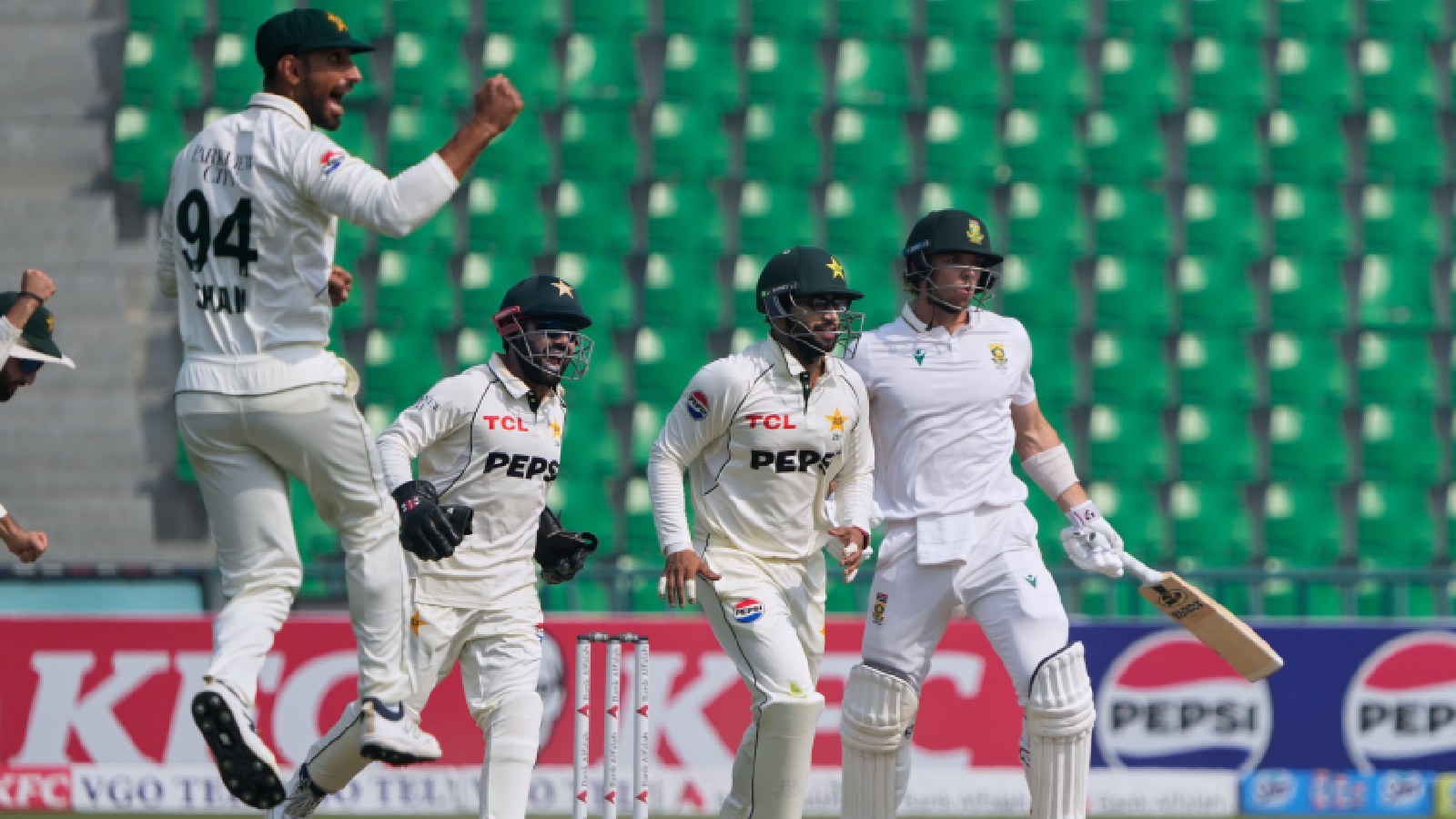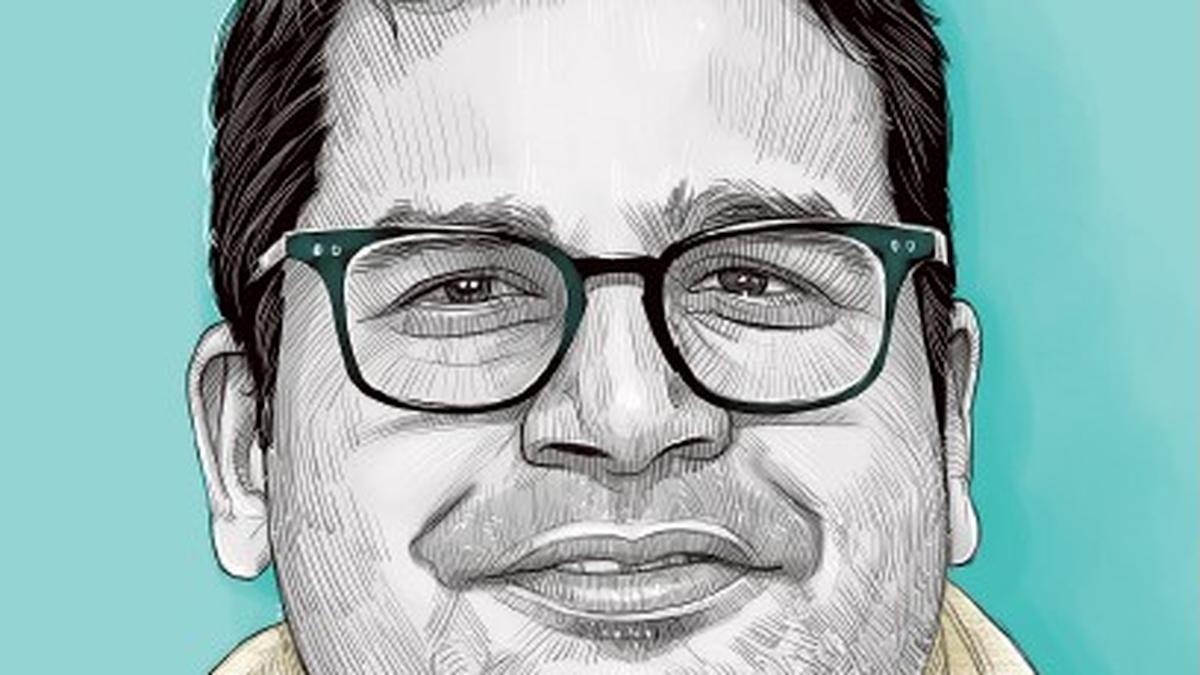ARTICLE AD BOX

Peter Dohyung Lee, Head of Product Strategy, Oppo
The Race for bigger cameras and faster processors is no longer the only measure of progress. The consumer is changing, and today they are asking a different question: how long will my phone last? People invest heavily in smartphones and expect them to endure slips, heat, wear and time.
They want reliability, durability and confidence that their device can survive real life.As someone who builds these products, I see this shift every day. Durability is no longer an added benefit. It has become a core expectation and the real test of trust in a brand. Devices that fail to keep up with real-life use not only frustrate users but erode confidence in the brand itself. In a market where performance is assumed, reliability is what earns loyalty.A recent smartphone durability study by Counterpoint Research highlights this change. It found that 79% of buyers consider durability a decisive factor when choosing a new handset, showing that consumers no longer see it as optional but as essential.
What Is Driving the Demand for Durable Smartphones?
Smartphones are part of daily life and users expect them to work without fail. Accidental drops, water exposure, and everyday wear are common. The same Counterpoint Research study also shows that 42% of users spent between Rs 2,000 and Rs 5,000, while 21% paid over Rs 5,000 on repairs.
They worry about losing photos, contacts, or important information. These concerns influence how people use their phones and what they look for when buying a new device.
Many users even invest in cases, screen protectors, or insurance to protect their phones. Is this added layer of expenditure just an upgrade or an “anxiety tax”?A durable smartphone removes worry and earns the trust of every user. From my perspective, durability is not just about protecting the phone.
It is about giving people the peace of mind that their device can keep up with their life. That kind of emotional toll undermines what a smartphone should do: be seamless, invisible, empowering. If the device itself becomes a worry, it defeats its own purpose.
Beyond Cracks: A Broader Definition of Durability
Durability now extends well beyond screen protection. Consumers demand 360-degree resilience. For too long, the industry has equated durability with drop resistance alone.
Today's consumers demand sturdy frames, batteries that maintain capacity over years, processors that don't degrade with updates, and most importantly, systems that safeguard their data even when hardware fails.This broader definition directly addresses the anxiety users feel. A crack-resistant screen means little if the battery dies after 18 months or performance degrades with every software update. True durability means the entire device ages gracefully, maintaining the experience users paid for long after purchase.Consumers now expect fluency that lasts: a phone should perform as smoothly in year three as in week one. By this measure, longevity, battery reliability, and sustained performance are fast becoming the real yardsticks of innovation. The smartphone industry has long competed on pixels and refresh rates. That contest is giving way to a different kind of race: one defined by trust.
The Industry’s Challenge
For manufacturers, the implications are clear. Devices must combine strength with style, reliability with speed, and performance with protection.
The most valuable feature a smartphone can now deliver is confidence: protection against breakage, resilience against wear, and security for the data inside. Durability now is a psychological contract between a user and their device. The companies that recognize this shift and act on it will lead the next era of mobile innovation.This means fundamentally rethinking how we design, test, and stand behind our products. In an era where phones serve as both wallets and memory banks, the future of innovation will be judged less by “more” and more by “lasting”. Trust, not specifications, has become the true currency of consumer loyalty.- By Peter Dohyung Lee, Head of Product Strategy, Oppo

 3 hours ago
4
3 hours ago
4









 English (US) ·
English (US) ·